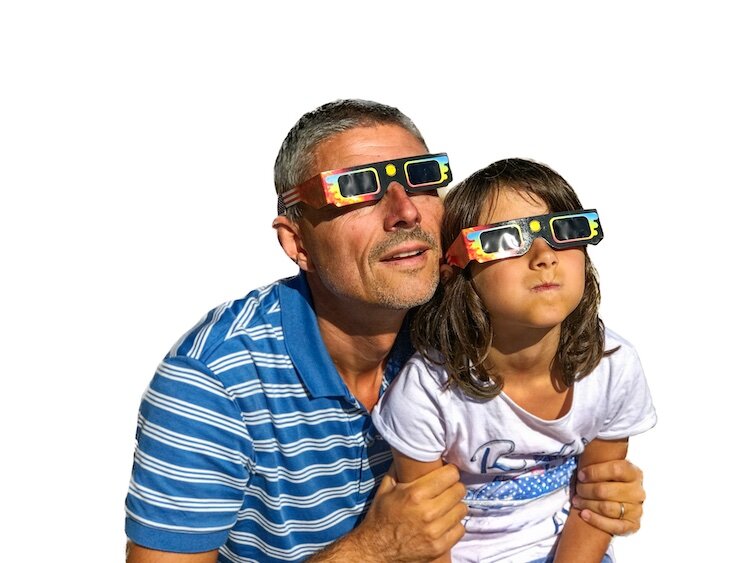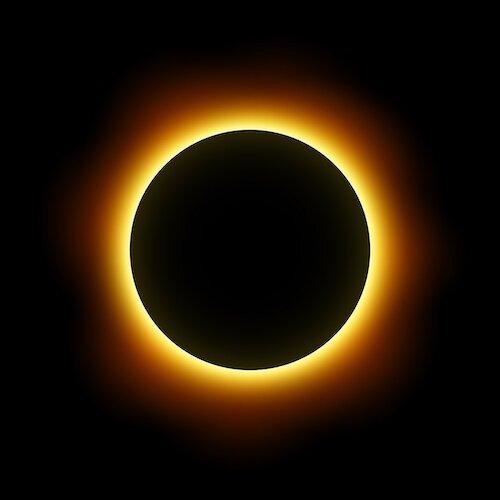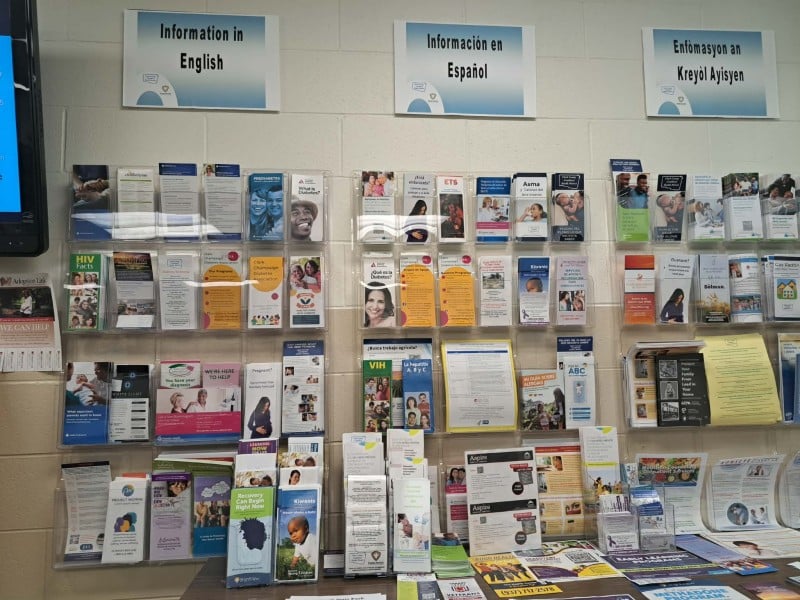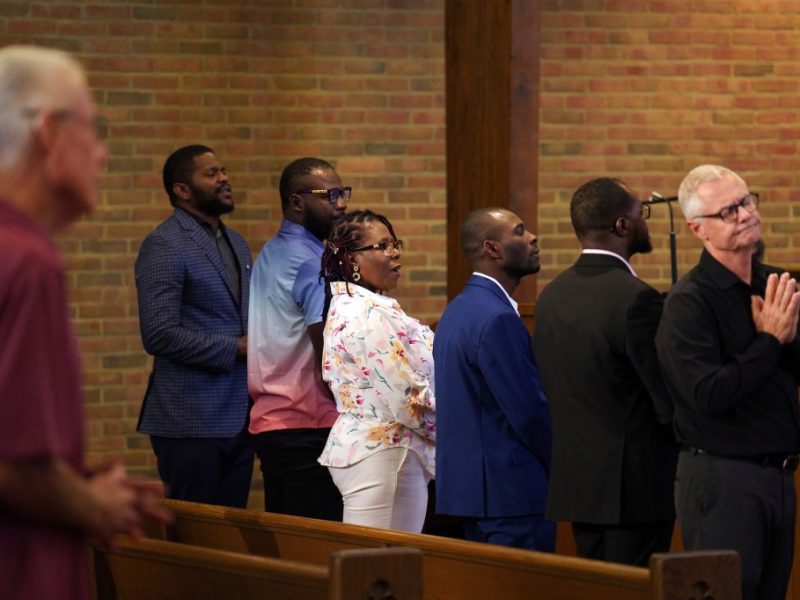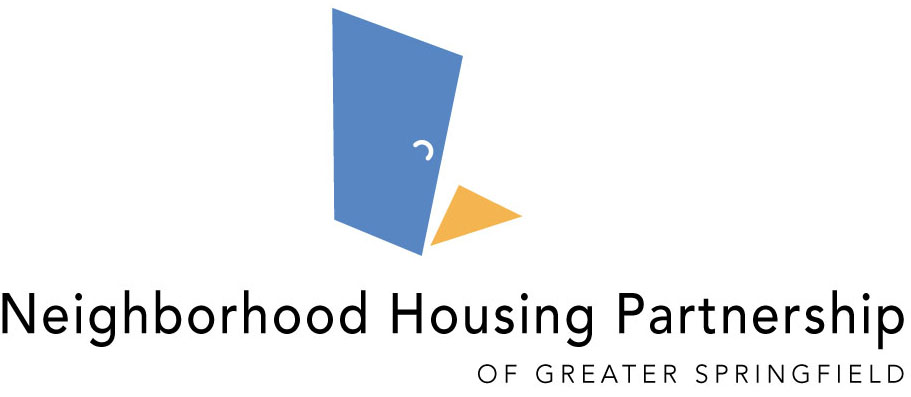If you don’t stare at it, total eclipse could prove to be good for you as it fascinates
A total solar eclipse produces a sense of awe that brings together those who see it.
The upcoming total solar eclipse that will be visible over Springfield on April 8 is shining a light on just how intriguing locals and those from afar find such unusual astronomical events.
No one travels for a lunar eclipse or a partial solar eclipse, says Dan Fleisch, professor emeritus of physics at Wittenberg University. Annular eclipses – in which the moon is in front of the sun but doesn’t cover it completely – also don’t produce the same fascination.
“Even that does not carry the same incredible experience that people have with a total eclipse,” he says.
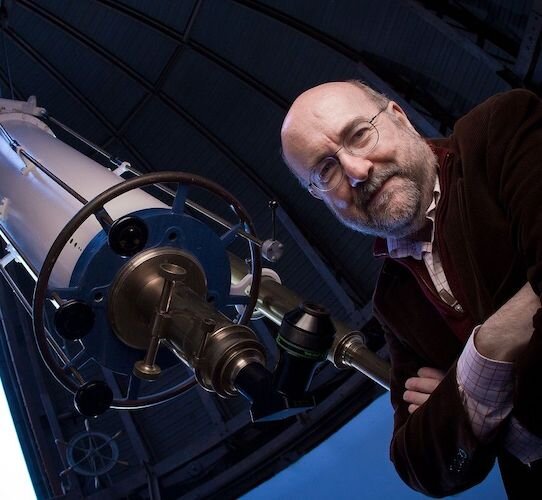
But the total eclipse, which is expected to attract thousands of visitors to Springfield, is compelling for reasons beyond the celestial.
The sun provides energy and keeps us alive, Fleisch notes. Its appearance makes us feel better. Its disappearance, even momentarily, is noteworthy.
“It’s taking away something that’s really important in our lives,” Fleisch says.
Those who are experiencing something new may look to others to guide them on how to respond, says Carol Miller, associate professor of psychology at Clark State College. If others are excited, you too are more likely to be excited.
“If we are part of a group that is anticipating something that is out of the norm, such as an eclipse that can be seen in our community, it makes sense that we would have emotions connected to the event and all of the communication that leads up to it,” Miller says.
Eclipses may be tied to many benefits, she says. They can inspire and motivate people to learn and explore. They can produce a sense of awe and belonging. They may even prevent suicide.
Studies after a 1999 eclipse over Austria showed that the suicide rate dropped that day, a fact attributed to a decreased sense of alienation and an increased sense of belonging due to the shared experience surrounding the eclipse, she says.
In a different study, tweets after the 2017 solar eclipse that crossed the U.S. showed that people within its path used more pro-social and connecting words, such as “we” instead of “I,” Miller says.
“The questions remain, however, if the awe has a lasting effect on the individuals or is merely brief in nature like the eclipse itself,” she says.
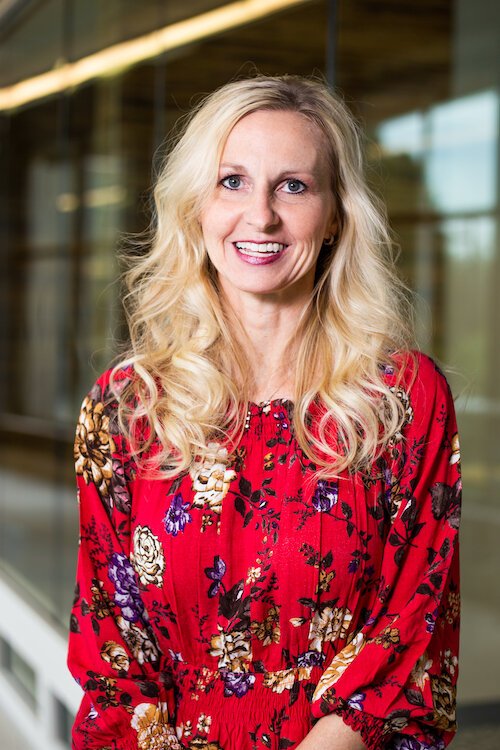
Fleisch also spoke of the awe that a total solar eclipse produces. That can result in an increased sense of community, a reduction of narcissism, and a greater feeling of responsibility toward each other and the planet, he says.
“What that emotion of awe brings is almost totally positive benefits to people’s emotional states,” he says.
Fleisch, who is 72, will be experiencing his first total solar eclipse at Wittenberg, which is celebrating the phenomenon with its own WittClipse events. Fleisch has been setting up a model solar system with the distances accurately scaled, and he will be stationed at the model’s “sun,” a three-foot sphere in Wittenberg Stadium.
(Most planets and several asteroids in the model also are located on the Wittenberg campus, but because of their distance from the sun, Saturn can be viewed at the Springfield Museum of Art, Uranus at the Clark County Public Library, and Neptune and Pluto at the Westcott House.)
For those viewing nearby, Fleisch also will be sounding an airhorn when totality begins and it is safe to remove the special eclipse glasses, and then will sound it again to give eclipse watchers time to put the glasses back on.
During the approximately 2 minutes and 37 seconds of totality that will begin at 3:10 p.m. in Springfield, the moon will entirely cover the surface of the sun. However, the corona – the outer part of the sun – will be visible. These flames, or tendrils of light, are invisible at all other times, Fleisch says.
“That corona is absolutely spectacular,” Fleisch says. “It’s always up there but we can’t see it if any part of the sun is uncovered.
Also visible to the naked eye during totality will be Jupiter and Venus, he says. Jupiter will be up and to the left of the sun, while Venus will be down and to the right.
Fleisch has had a number of speaking engagements throughout the community leading up to the eclipse, including at the library, the Kiwanis Club, and Horace Mann Elementary School. He also will be hosting presentations at Wittenberg’s Weaver Observatory through April 7.
Questions have included: Is it really dangerous to look at the sun? (Yes, he says.) Should I consider simply staying inside during the eclipse? (That would be unfortunate.)
Events like this also revitalize interest in science and astronomy, and kids reveal their curiosity about nature. He frequently received phone calls and emails regarding the eclipse leading up to the event, and he is already scheduling visits to the observatory for after April 8.
All can benefit from reflection regarding the eclipse, Fleisch says. Think about the event before the eclipse and discuss it afterward. Feel the awe.
“Make this an experience,” he says.

